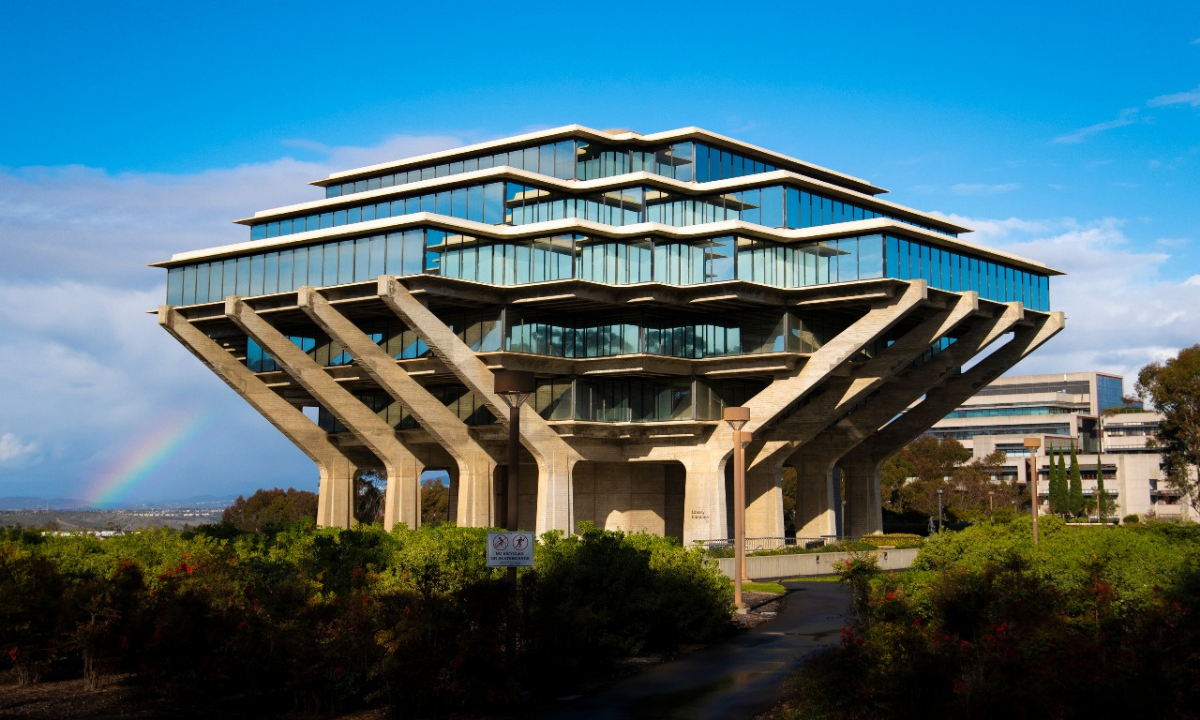Written by William Hekman
The University of California System has a massive problem. Around a quarter of the 6,000 lecturers they employ do not return annually. Why don’t they return? The primary reasons are low pay and job instability.
Sami Siegelbaum taught art history at the University of California Los Angeles and enjoyed his job very much, even when the office he had was a storage closet. The pay was not good either, only $27,000 for a part-time lecturer job, but it did pay more than his other two teaching jobs. Siegelbaum taught for four years at UCLA, but his contract was not renewed in 2019. This came as a shock to Siegelbaum, and the university didn’t give much explanation to him other than they wanted to, “bring new approaches” to his department about every three years. Siegelbaum also says that no one from the department viewed his class. In contrast,the California State system reviews lecturers annually to determine if they are brought back.
Siegelbaum is among the thousands of lecturers who are let go by the UC system every year. Lecturers provide one-third of the instructions to undergraduate students. Lecturers have a hard job in the college education system. They primarily focus on instruction and have little job security while tenured professors are allowed to conduct research and can make up to three to six times more than a lecturer. The UC system has stated that many lecturers in certain fields such as dentistry or law have outside jobs and can not always fulfil their teaching obligations long-term. They also cited budgetary changes to departments and the change in courses over the school year. The UC system has declined to speak on the matter any further.
Due to the low pay and little job security, lecturers are fed up and could soon strike after union members allowed their leadership to determine if a strike was necessary. The UC system is the third largest employer in the state, and a strike could have a number of ramifications on labor issues statewide and nationwide.
Photo Cred: Erik Jepsen/UC San Diego Publications and Creative Services




